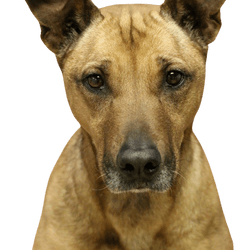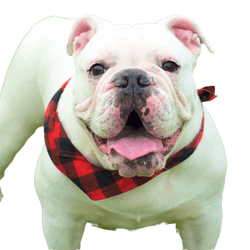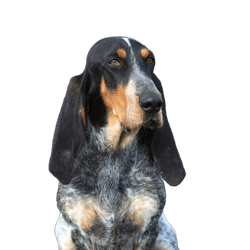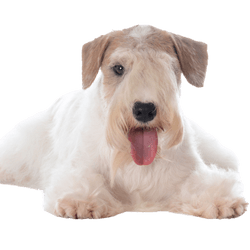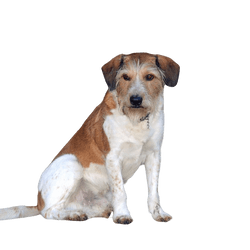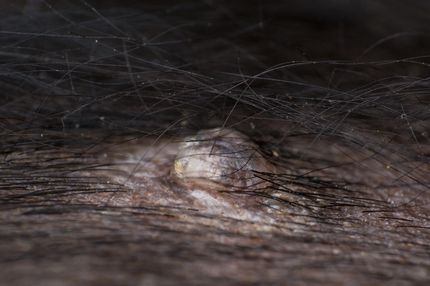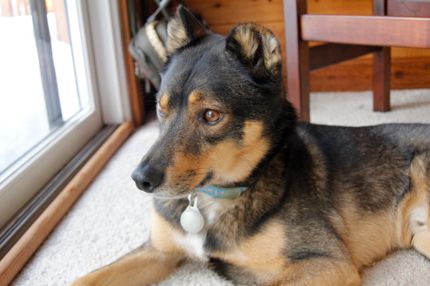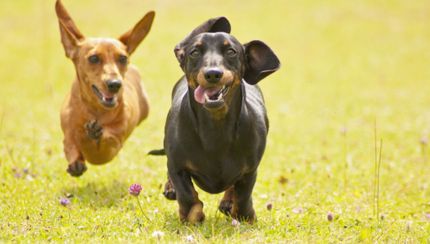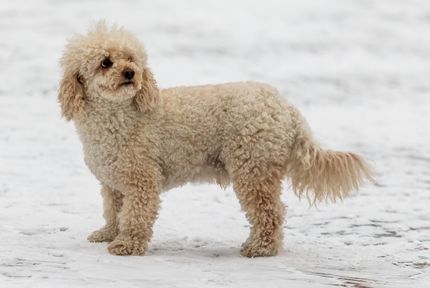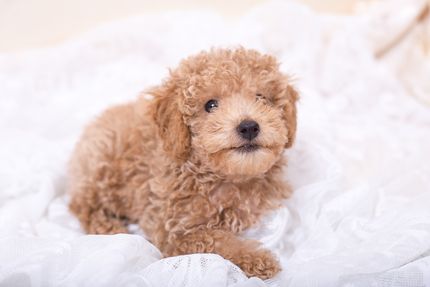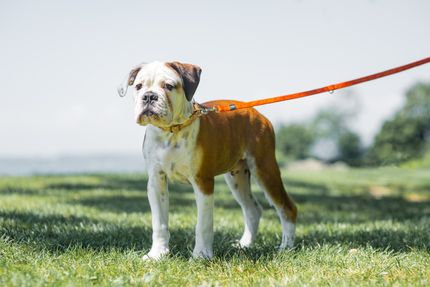Facts & Origin
Profile: Toy Poodle - origin, history and suitability
The Toy Poodle, the smallest member of the poodle family, is an adorable and intelligent companion with a rich history. This profile provides information about the origins, historical development and current suitability of the Toy Poodle.
Origin and historical development
- Origins: The Toy Poodle shares its roots with the Standard Poodle, which originated in Germany and France. The name "Poodle" is derived from the German word "pudeln", which means "to splash in water".
- Breeding history: Originally used as a water hunting dog, the poodle was later prized for its beauty and intelligence. The toy poodle was created by breeding smaller poodles to create a compact companion dog.
- Historical role: Over the centuries, the Toy Poodle developed into a favorite lap dog of the nobility and became particularly popular in France.
Suitability of the Toy Poodle
- Ideal companion: Due to its small size and friendly temperament, the Toy Poodle is ideal as a companion dog for families and single people.
- Adaptability: Toy poodles are flexible and adaptable, making them well suited to living in apartments and cities.
- Intelligence and trainability: They are exceptionally intelligent and easy to train, making them excellent candidates for dog sports such as trick training and agility.
- Therapeutic role: Their empathic nature makes them ideal therapy and assistance dogs.
Conclusion
The Toy Poodle is more than just an adorable little dog. Its historical importance as a companion to the nobility and its characteristics as an intelligent and adaptable friend make it a popular pet. Its versatility and charming character have made it a perennial favorite in the pet world.
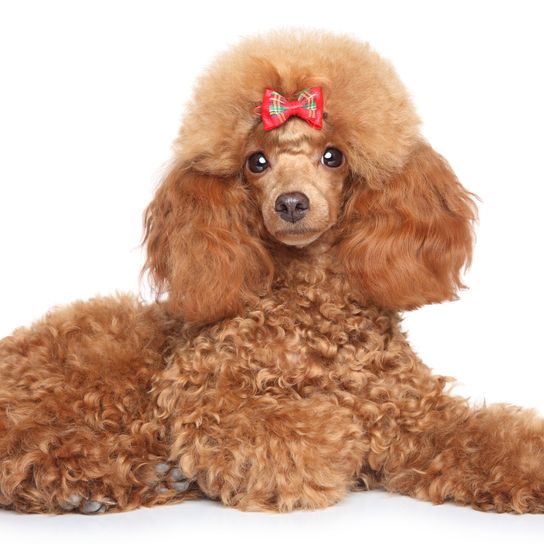
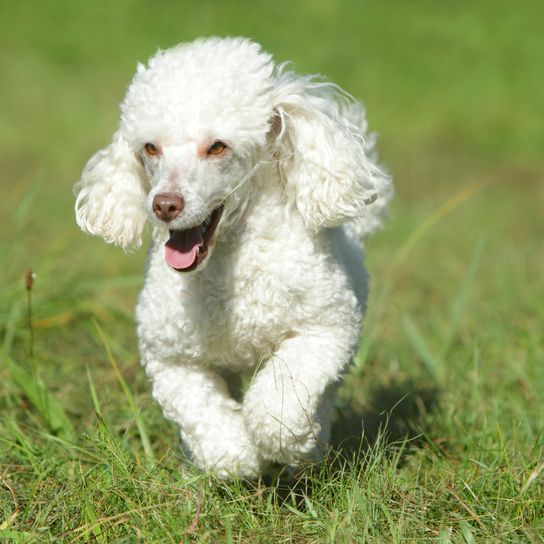
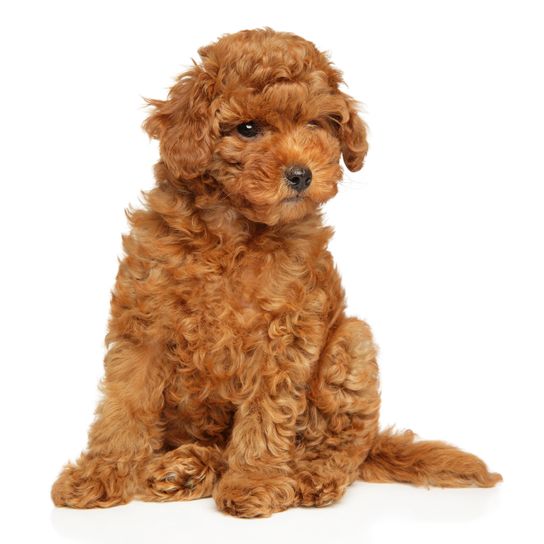
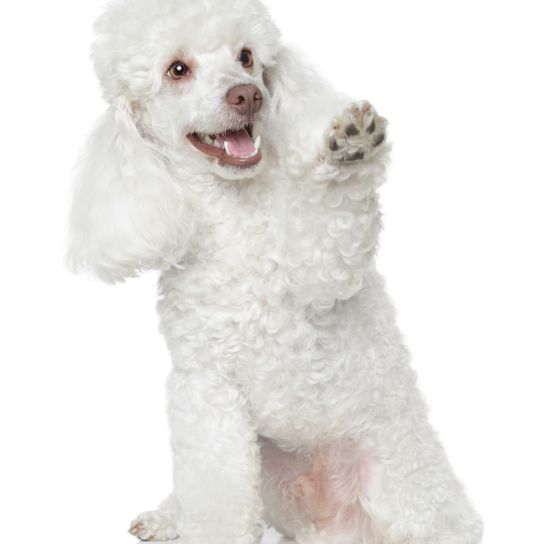
| Alternate Name | Toy poodle, Caniche |
| Origin | France |
| Life expectancy | 15 - 17 years |
| Care requirements | high-maintenance |
| Activity level | average to high |
| FCI group | Poodle |
| AKC group | not recognised |
| KC group | not recognised |
Attitude, character and temperament of the breed
Intelligence and trainability
- High intelligence: Toy Poodles are exceptionally clever. They learn quickly and respond well to positive training.
- Easy to train: Their intelligence makes them easy to train. They are excellent for obedience and dexterity training.
Social behavior and temperament
- Friendly and sociable: Toy Poodles are sociable dogs and are affectionate with their family. They enjoy the company of people and other animals.
- Affectionate: They develop a strong bond with their owners and are ideal companions for people who want to spend a lot of time with their dog.
Adaptability and suitability
- Adaptable: They adapt well to different living conditions, making them great pets for apartments or houses.
- Suitable for active families: Their energy and playfulness make them ideal for active families or individuals.
Special character traits
- Playful and energetic: Toy poodles are known for their zest for life and playfulness.
- Attentive and alert: They are alert dogs and can be good watchdogs without barking excessively.
Summary
The Toy Poodle is a smart, affectionate and sociable dog, characterized by its high intelligence and trainability. With its friendly nature and adaptability, it is a perfect companion for families and individuals alike. Their energy and playfulness make them a constant source of joy and entertainment.
Usage
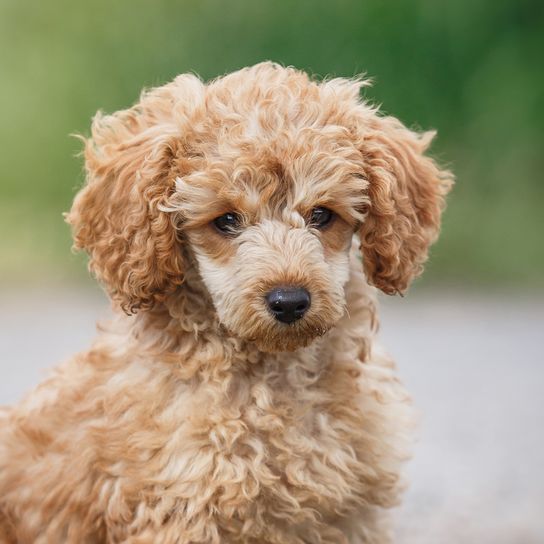
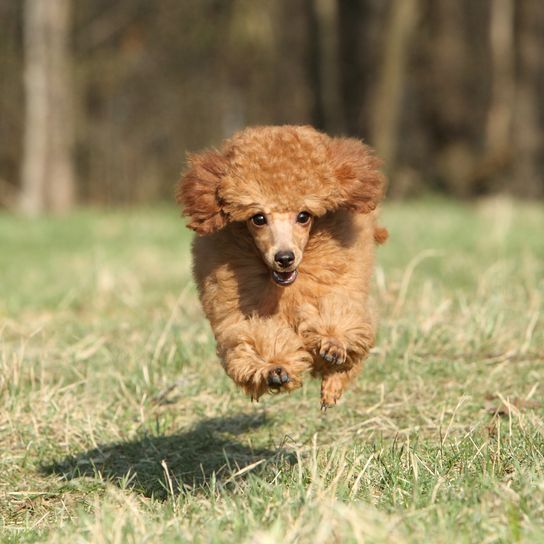
Care of the Toy Poodle
- Coat care: The Toy Poodle's curly coat requires regular brushing (at least 2-3 times a week) to prevent tangles and knots.
- Haircut: Professional haircuts are necessary about every 4-6 weeks to keep the coat short and well-groomed.
- Bathing: Regular baths with a mild dog shampoo help to keep the coat clean and shiny.
- Eye and ear care: Due to their long ears, the ears should be checked and cleaned regularly for cleanliness and infection.
Health aspects
- Life expectancy: Toy Poodles have an average life expectancy of 12 to 15 years.
- Typical health problems: Common health problems include patellar luxation, eye disease and hip dysplasia. Regular veterinary check-ups are recommended.
- Nutrition: A balanced diet is crucial for the health of the Toy Poodle. High-quality food and an appropriate amount of food are important.
Breeding information
- Breeding standards: Breeders should adhere to the standards set by breeding associations to ensure the health and well-being of the dogs.
- Genetic testing: Genetic testing for common hereditary diseases should be carried out before breeding.
- Responsible breeding: It is important that breeders act responsibly and ethically, focusing on the health and temperament of the animals.
Summary
The Toy Poodle requires careful care and attention due to its special coat and health sensitivities. Responsible breeding practices are crucial to keeping the breed healthy and full of life. With the right care and attention, the Toy Poodle is a wonderful lifelong companion.

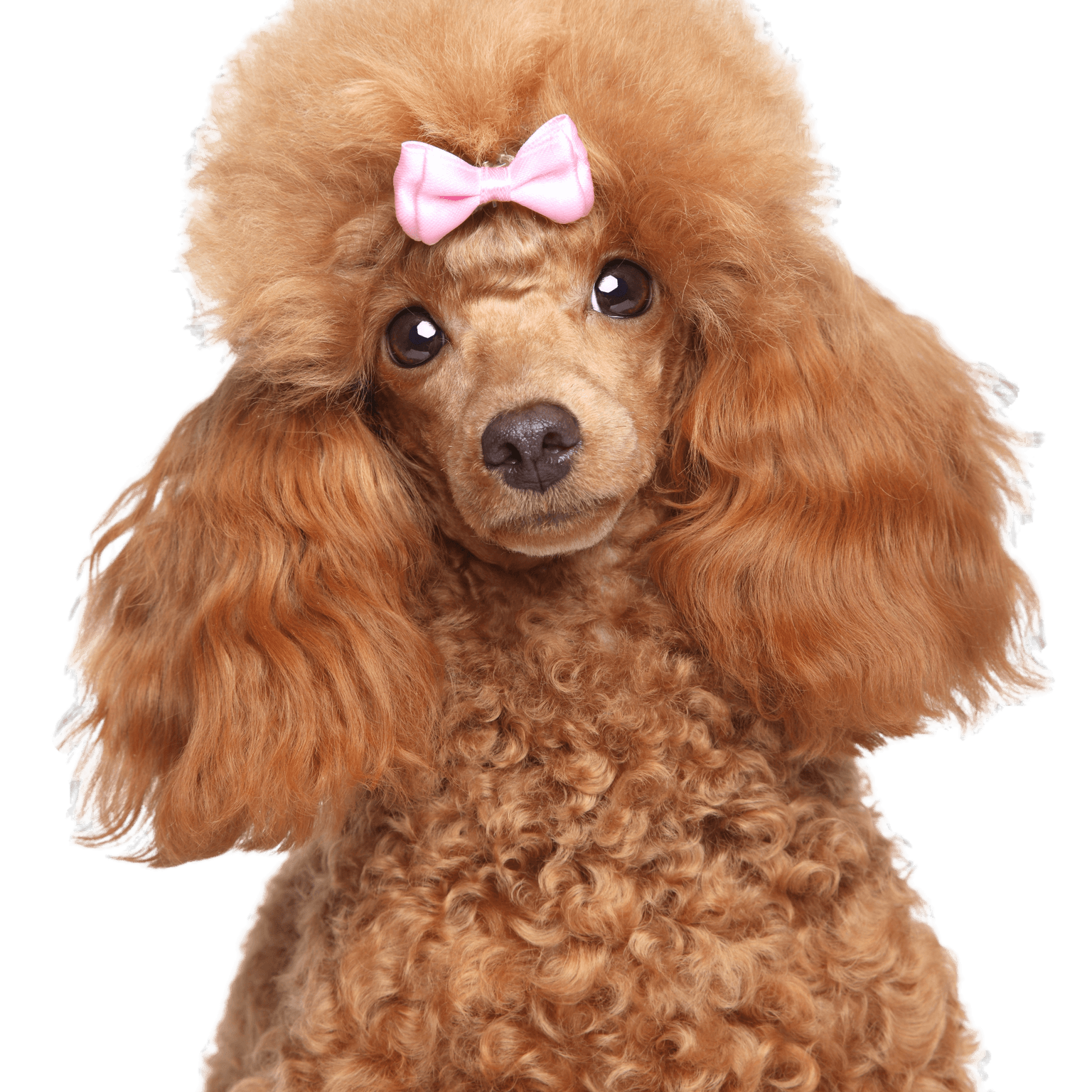
Coat texture and care
- Coat type: The Toy Poodle's coat is curly, dense and often frizzy. It is characterized by its soft and fine texture.
- Grooming requirements: Due to its coat type, the Toy Poodle requires regular grooming, including frequent brushing and professional clipping or trimming every 4 to 6 weeks.
- Hypoallergenic: The Toy Poodle's coat is considered hypoallergenic, making it a good choice for allergy sufferers.
Visual characteristics
- Appearance: The Toy Poodle has an elegant and proud physique. Its striking look is emphasized by the typical poodle hairstyle.
- Color variations: Toy poodles come in a variety of colors, including black, white, brown, apricot and gray.
Size and weight
- Size: Toy Poodles are usually up to 28 cm tall. They are one of the smallest dog breeds.
- Weight: The average weight of a Toy Poodle is around 2 to 4 kg.
- Proportions: Despite their small size, they are well-proportioned with a harmonious build.
Summary
The Toy Poodle is a charming little dog with a characteristically curly coat that requires regular grooming. Its elegant appearance, compact size and light weight make it an ideal companion for dog lovers looking for a small but active dog. Its versatility and charming appearance have made it an enduring favorite among pets.






